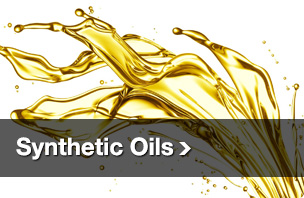How can we support your business? Learn more about our food grade oils and lubricants:
Food grade oils are, of course, oils that are rated for safe and authorized use near food or on machines that process food products at some point. It’s important for machines to have oils in order to reduce the maintenance load and meet the highest of energy efficiency requirements.
Many industries, from bakeries to pharmaceuticals and health care products to frozen food and even bottled water, utilize food grade oils of some kind. No matter the industry, product safety is always high-priority and one of the key roles of food grade oil is meeting those standards by reducing catastrophic and regular machine failure. Oils that function in high-temperature environments, specialized lubricants for dealing with alcohol products, and lubricants that diffuse heat are all vital to the life of a machine and food grade oils must be high quality.
Precision equipment is required in many industrial business endeavors. Corrosion and wear and tear from general use will lead to the breakdown and unreliability of this vital equipment, and that’s where food grade hydraulic oils come into play. Over oiling can be hazardous regarding exposure to food products, but under oiling will damage equipment. When these machines are used in food processing and packing plants, synthetic food grade oils are a much safer alternative to industrial grade machine lubricants traditionally found in other types of processing plants.
There are many types of food grade oils and compounds. The U.S. Department of Agriculture has designated three categories for food grade lubricants – H1, H2, and H3. H1 lubricants are the ones that may come into direct contact with food. These are obviously very closely regulated and must be of the best quality. Lubricants in the H2 class have no possibility of coming into contact with food. Despite their distance from the actual processing areas, these oils must still qualify as food grade lubricants. H3 oils are usually edible, and are a category of oils typically used to keep trolleys, hooks, cranes, and other moving equipment running smoothly.
Thickeners can be used on food grade oils in order to create food grade grease. While the thickeners vary depending on the categorization of the grease, you’ll usually see H1 food grade grease using aluminum complex. The reason for this is that it is water-resistant and withstands high temperatures with greater ease than most other thickeners. In the food processing industry, a machine in a flour mill must deal with potential contamination, but precision equipment in an extremely hot or cold environment will need more lubricity.




